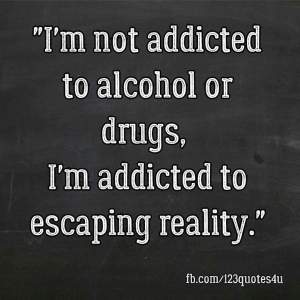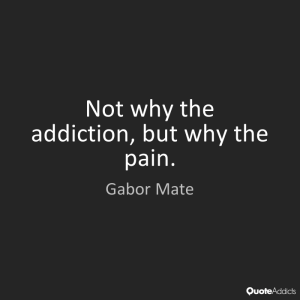When we think of nine lives, we think of survival, luck and overcoming odds. Unfortunately, this week in Vancouver, ‘nine lives’ took on a new meaning. On Thursday night, BC broke a record for the most drug related deaths in one day. Thirteen lives were lost due to overdose – nine lives from one small community – Vancouver’s Downtown Eastside (DTES).
Unfortunately, the individuals who died that day are better known as statistics than human beings. Who were these nine people? What were their stories? What are their names? Were they loved? Did they love? Where are their families?
I have a personal connection to many living on the streets. Although I am only connected through five minute conversations, card writing and a few lunch dates; it is enough to make me pause and wonder. Did I lose a friend that day? Did my students help them reach out to family? Do we have an unsent card yet to reach their loved ones? I stop, and wonder, and feel the loss of a very misunderstood community. I can only imagine what family members of DTES residents must feel each time they hear stories such as this on the news. Was their loved one impacted? Did they survive? Will they even know?
I am disappointed as I read the national media coverage of this story. The stories focus on an epidemic, a health crisis, and a drug problem. With Fentanyl linked to 60% of overdoses, there is a search for a solution. The health minister lists solutions:housing, healthcare, detox, recovery.
But guess what? Solutions only work when we accurately define the problem. Despite what media tells us, we do not have a drug problem. We do not have a health crisis.
We have a people problem. We – as in every one of us – have somehow let this happen. We have created an invisible fence between us and them, and we allow our most forgotten citizens to live in the V6A postal code. We have turned our backs, locked our doors, and blamed drugs for the destruction of human lives. Drugs provide a temporary escape from lives much too hard for most of us to even imagine. In the hundreds of conversations I have had on the streets, I have yet to meet an addict with a happy childhood. Their stories of trauma have ripped them away from family, shattered their sense of worth and introduced them to a world where drugs meet their unmet emotional needs. Drugs mask layers and layers of hurt. We do not have a drug problem. We have a people problem – and we are part of it.
- The DTES is the poorest postal code in Canada
- over 60% of men and 90% of women in the DTES have been abused
- The average income is less than 1/3 of the rest of Vancouver
- over 99% of chronic offenders have at least one mental health diagnosis
- over 50% of children in the DTES are raised in poverty
- Over 10% of the community is Aboriginal (compared to 2% in Vancouver overall)
- over 7000 residents are addicted to drugs
We have created a human experiment were somehow we justify a fishbowl neighbourhood where our most vulnerable citizens are set up for failure, and we watch from the outside blaming them for their inability to thrive. When they die, we blame the drugs.
.

Every drug user began their life just like you and me. At one time, they had a mom and a dad. They entered this world with innocence, and an innate desire to connect. Something has gone terribly wrong. Family, school, and society at large has failed these individuals. We have failed to connect. And yet, we blame the drugs.
“We readily feel for the suffering child, but cannot see the child in the adult who, his soul fragmented and isolated, hustles for survival a few blocks away from where we shop or work.”
Gabor Mate
To find a solution, we need to start asking the right question.

It’s time to see addicts as people. It’s time to recognize that we need to help these individuals find hope, develop a sense of worth and heal their souls before they can flourish. The drugs are only a bandaid, and if we cannot see the problem that lies underneath we are only contributing to the wound.
In just one night, nine lives were lost. It’s time we stop seeing statistics and start seeing people.

That is so true Kristi. Take care of the people!!! I love your posts and your caring for people.
Well written TT, it makes me want to come down there with you. I was going to say “when you help them” , but that sounds like pity, when I should say “when you reach out to them as humans” which is what you have always done.
People drive down Hastings and Main and look at them like animals in a zoo.